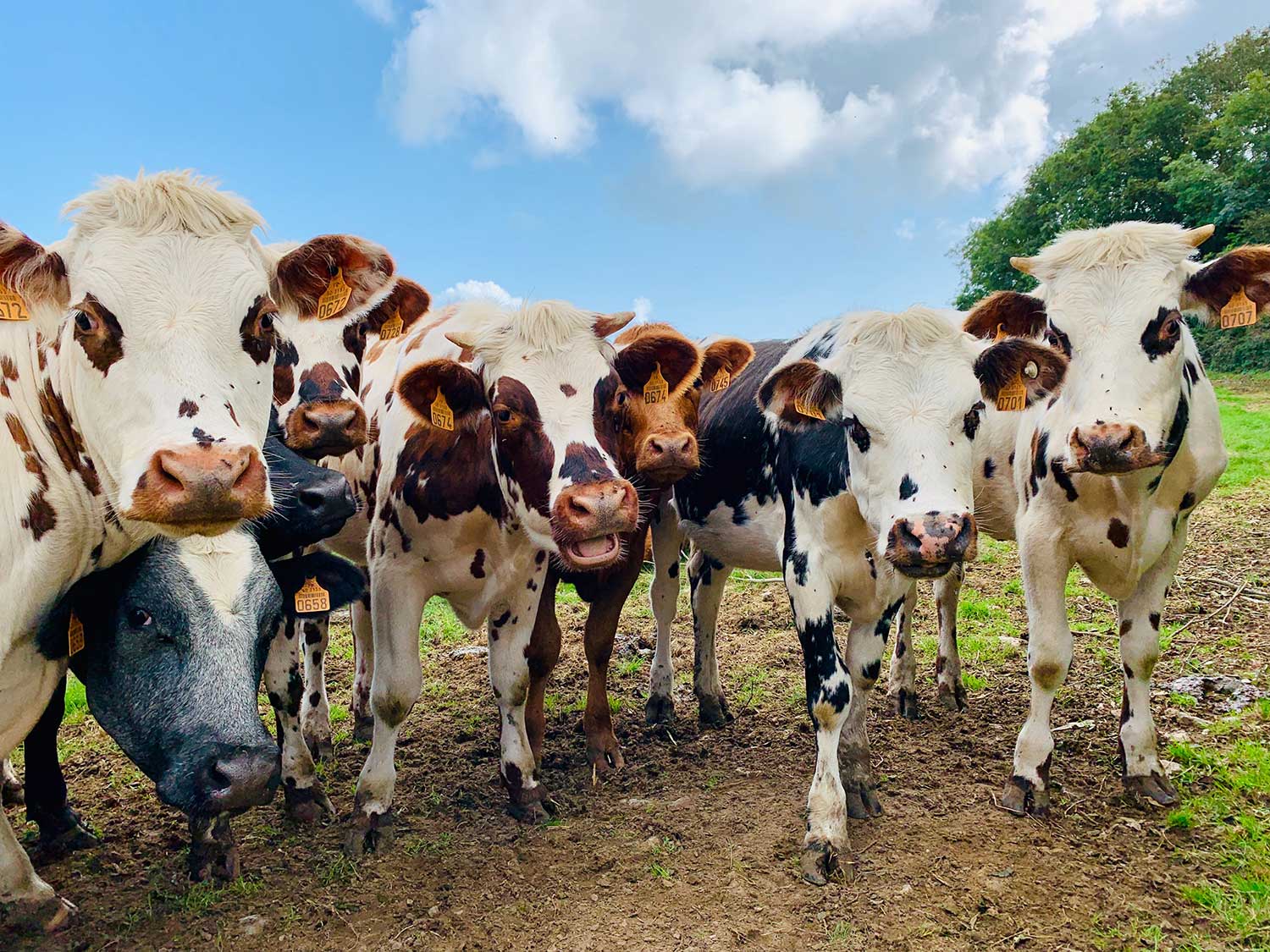
Novobind Neutralize’s animal pathogens with precision
Livestock producers and aquaculture operators worldwide fear microbes that carry disease. These pathogens may be too small to see, but they inflict major damage: wiping out poultry, laying waste to shrimp farms, infecting swine herds, and more. They jeopardize food safety and cost producers billions of dollars annually.
Yes, antibiotics offer an important line of defence. However, pathogens are increasingly resistant to these drugs and many jurisdictions are restricting their daily use. Meanwhile, more consumers are seeking food raised without antibiotics.
That’s why NovoBind is adding a new page to the pathogen-fighting playbook. NovoBind’s founders Mr. Hamlet Abnousi, Dr. Rob Fraser, Dr. Filip Van Petegem, Dr. Slade Loutet and Dr. Sylvia Cheung came together in Vancouver to develop a line of feed additives that use biologics to tackle major animal diseases. And, unlike traditional antibiotics, NovoBind’s products are highly targeted to bad bacteria.
“It’s a different way of doing things,” explains Abnousi, the company’s CEO. NovoBind scientists start by generating special antibodies for the disease they’re taking aim at. Then, they engineer the active part of that antibody to attack the specific properties that allow the microbe to infect cells and spread.
For help bringing this pivotal new approach to market, Abnousi turned to Bioenterprise. The national agri-tech accelerator provided NovoBind with R&D commercialization funding and helped Abnousi hone NovoBind’s messaging for events like the VANTEC Angel Network and the Ag Innovation Showcase in St. Louis.
Bioenterprise also provided market research and helped solidify relationships with key scientific partners and major animal health companies. “We’re small and far from the foodtech epicentre. That’s why it was very important to complement our team with the depth of expertise at BioEnterprise,” says Abnousi. “They have made a world of difference.”
To date, NovoBind has secured the funds necessary to address several billion-dollar diseases in multiple food-producing hosts. Their team of molecular biologists, protein scientists and veterinary/aquaculture experts continues to grow, and they’ve also assembled an extensive group of scientific and commercial advisors and collaborators at major universities. So, it’s no surprise that industry leaders are taking notice.
Abnousi predicts they’ll soon be shifting from R&D to commercialization, as they begin looking for strategic partnerships to bring their game-changing therapeutics to market. “We probably are about a year away from key inflection points,” he says.
If they’re successful, the impact could be huge: higher levels of livestock and aquaculture production, better animal welfare and a safer food system for everyone.